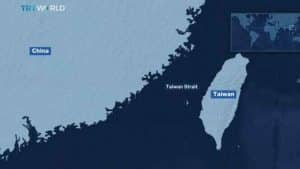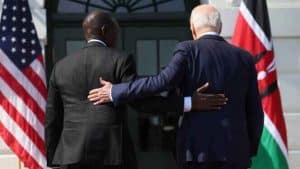On Sunday, German Chancellor Olaf Scholz met with French President Emmanuel Macron in Paris to try to resolve their differences over the Ukraine war.
The German leader went to the French capital for a day of celebrations to mark 60 years since a historic treaty forged a bond between the two countries, who had been at odds for a long time. This bond is the foundation of the European Union today.
All of Germany’s Cabinet met at the Sorbonne University, where 300 lawmakers from both countries gathered. At the Elysee Palace, both leaders will lead two rounds of talks on energy, economic, and defense policy.
Scholz said during the Sorbonne ceremony, “Let us use our inseparable friendship… to shape the present and future of our continent, together with our European partners.”
He stated that the European peace project is at a “turning point” following Russia’s invasion of Ukraine in February of last year.
Read: Russia Ukraine Conflict Explained
We will not permit Europe to revert to a time when violence replaced politics, our continent was torn apart by hatred and national rivalries, and Putin’s imperialism will not prevail.
Macron continued, In every sphere, our unwavering support for the Ukrainian people will continue.”
Political analyst Pierre Haski said that the meeting is an opportunity to demonstrate that France and Germany still trust one another.
Haski stated, “This was a good occasion… a political expression, a joint commitment to supporting Ukraine and solving their problem in Europe.”
Paris and Berlin have taken different approaches to a number of issues, such as how to deal with the energy crisis brought on by the war in Ukraine and the coronavirus pandemic and its economic consequences.
Read: The Critical Role of Organizations in the Russia-Ukraine War
As a result of Russia’s invasion of its neighbor, Europe has been having discussions about how to deal with the ensuing energy crisis, how to curb inflation, and how to invest in the military in the future.
Macron has proposed “a new energy model” for the EU that would encourage the production of carbon-free energy and diversify supply sources.
Haski referred to the German and French initiative to establish European recovery funds in 2020 to assist pandemic-affected European nations: “In times of crisis, every time there has been a crisis, France and Germany have difficulty in finding a common approach, but in the end they find it.”
The meeting comes at a time when leaders in Europe worry that the United States Inflation Reduction Act (IRA), which will invest billions of dollars in climate-friendly technologies made in the United States, will stifle transatlantic trade.
France believes that the inclusion of subsidies for businesses and manufacturers of electric cars in the United States is unfair.
In order to speed up the allocation of state subsidies, simplify the bloc’s support for investments, and establish an EU sovereign fund to boost green industries, Paris is urging the EU to relax its rules. However, Berlin has cautioned against protectionism.
SOURCE: AL JAZEERA AND NEWS AGENCIES








